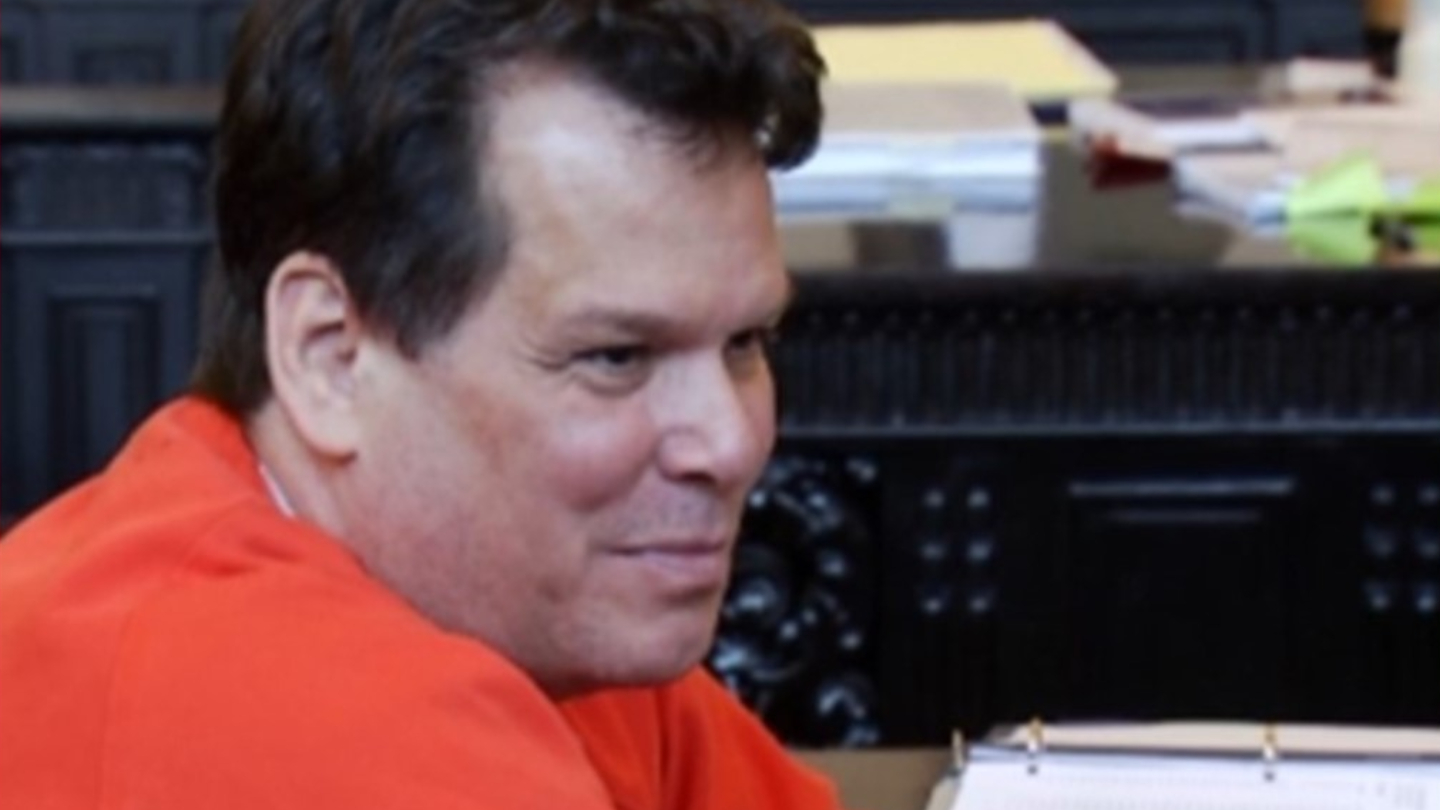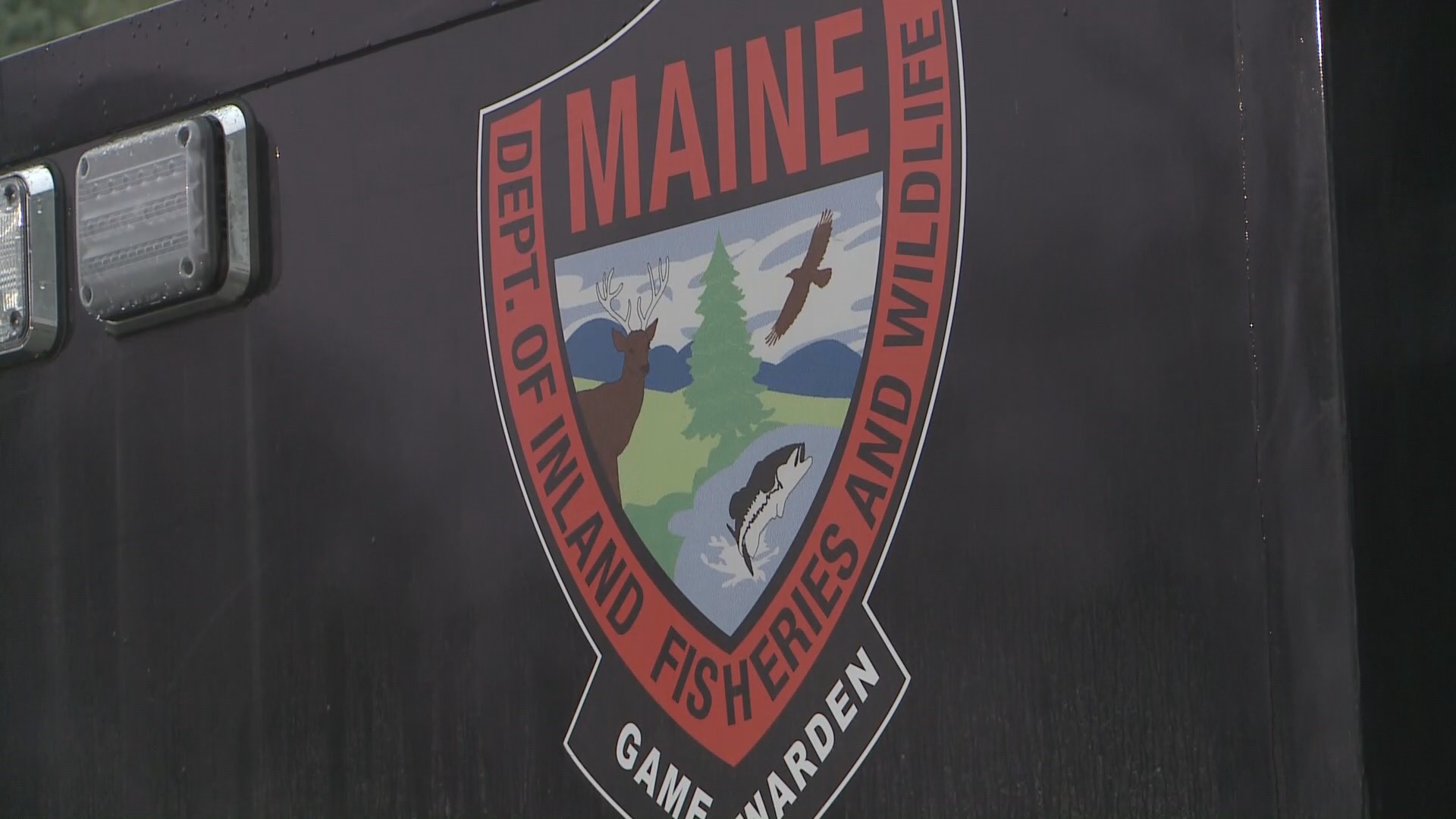A thousand people attended a special summit Monday in Augusta's Civic Center to help find solutions to Maine’s opioid crisis.
Convened by Democratic Governor Janet Mills, the event, called, “Turning the Tide: Maine’s Path Forward in Addressing the Opioid Crisis,” featured breakout sessions and keynote speakers from across the U.S.
“We feel that shock and then the feigned comfort,” Mills said, referencing the emotional impact opioid deaths have on Mainers.
Since taking office in January, Mills has appointed Gordon Smith, formerly of the Maine Medical Association, to be the state’s director of opioid response, among other efforts.
“Community is the antidote of addiction,” said Smith, who explained the summit’s purpose was to energize and excite people to combat opioid addiction across the state.
The idea behind the summit is that the strategies shared in the room will turn into individual actions taken in Maine communities, like hosting events to end addiction stigma.
Though Maine saw a 14-percent decline in overdose deaths in the first quarter of 2019, 376 people died from overdoses in the state in 2018, meaning the numbers don’t necessarily indicate the problem is improving.
Maine
The latest news from around the state
“It’s possible we’re seeing a decline because the people most at risk have already died,” Smith said.
Keynote speakers and panelists at Monday’s summit included President of the American Medical Association, Dr. Patrice Harris; Sam Quinones, author of the book, 'Dreamland: The True Tale of America's Opiate Epidemic'; and Michael Botticelli, who was former President Barack Obama's director of national drug control policy.
In an interview with reporters during the event, Botticelli said he was very encouraged by the discussions being had in the Civic Center, calling them “a 180” from the way former Maine Governor Paul LePage and his republican administration handled the crisis.
“Not only did they waste time, but I think they really undermined a lot of effort here,” he said.
Mills’ team says they’re looking beyond that and towards expanding naloxone access, maximizing Medicaid benefits for recovery and engaging community members to combat substance use.
In addition, a second opioid summit is already planned with a completely different theme to address other parts of the crisis that were not covered Monday.
The Mills administration hopes the event will be an annual one, with the second summit slated for 2020.



